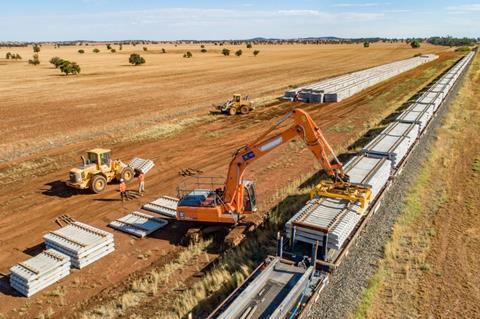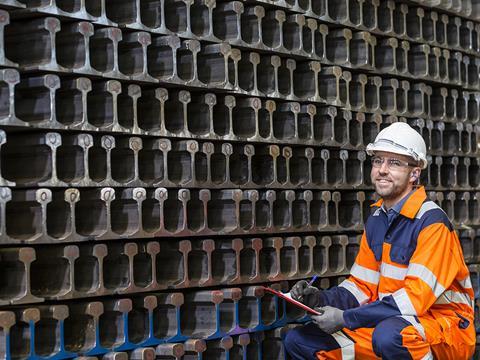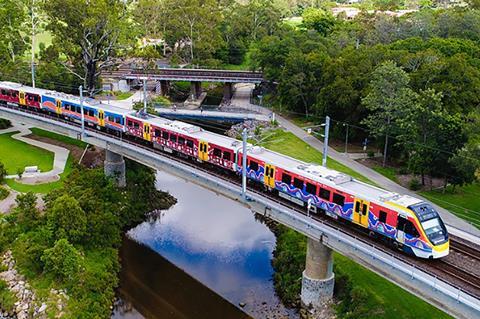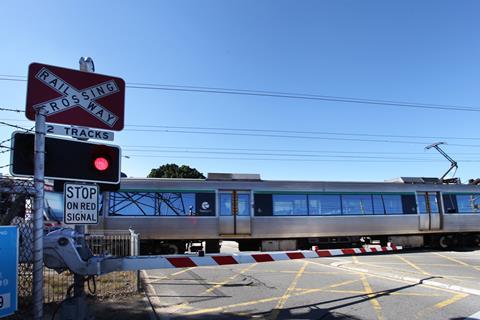
UK: The signing of an agreement in principle paving the way for a free trade agreement with Australia has been welcomed by the Railway Industry Association and a number of its members
‘The UK has long had a close relationship with the Australian railway sector, and it remains as a top priority market for rail suppliers’, said RIA Chief Executive Darren Caplan on June 15. ‘Many UK rail businesses are already winning work in Australia and a free trade agreement offers even greater opportunities. It should mean more access to government contracts and mutual recognition of professional qualifications, and also allow UK professionals to work in Australia more easily.’

British Steel’s Commercial Director for Rail, Craig Harvey, said that ‘railway operators in Australia currently face an unnecessary 5% import tax. The Australian rail market’s annual spend on rails and sleepers will be in the hundreds of millions of dollars, so an FTA that would remove that 5% tax would create a substantial saving for the industry. An FTA would also allow British Steel to be more competitive in a market that is crucial to the Australian economy, enabling us to support population growth and resultant freight and passenger movements.’
Justin Moss, Head of Sales for Electrification at Siemens Mobility, said the company had not so far been successful in winning electrification work in Australia via the UK, but it is now actively discussing opportunities. ‘The products we manufacture in the UK have similar standards and requirements to Australia making export a logical next step’, he said. ‘The removal of up to 5% tariffs on these products will increase the competitiveness of UK manufactured goods, supporting UK jobs and skills investment.’

Ricardo Rail’s Global Marketing Lead Andrew Foulkes said 25% of the company’s revenue in the rail sector derives from Australia, and this is expected to grow. ‘A UK-Australia FTA which supports the movement of skilled workers between the UK and Australia will help us transfer skills and knowledge between our UK and Australia teams’, he believed.
Altro’s Global Bid Manager Rail, Rita Mascia, added that ‘one of the biggest challenges for us comes from competition from European countries’ manufacturers who have EU negotiated agreements. Even a small decrease in tariffs would enable us to compete on quality instead of on price.
‘Our Australian business is also strategically important in supporting our route to market in southeast Asian countries’, she explained.

According to Adam Elliott, Rail Project Engineer at Hird Rail Development, ‘a free trade agreement that would result in a reduction in duty costs would make our products a lot more attractive to Australian customers from a cost perspective, as well as generating key jobs within our distributors’.
Kirsty Dias, Managing Director of PriestmanGoode, said a FTA ‘would mean that we could bring our expertise and design skills in both rail and parallel industries to Australia, to work alongside transit providers and local suppliers to create a future rail and transport system across Australia that provides a world best in class travel experience as well as building local specialist knowledge and bringing employment through collaboration.’



